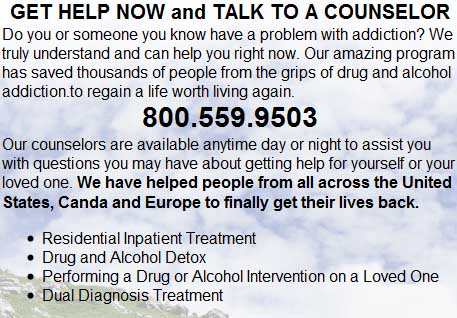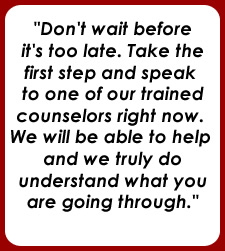




 |


Residental Drug TreatmentFor over 40 years, residential drug treatment has been a strong and viable weapon in the war on drugs. Residential centers, often called halfway houses, serve as a nurturing environment for recovering addicts and can provide powerful help in transitioning them from the drug environment to one that is safe, drug-free, and encourages continued forward progress toward a new life. Residential drug treatment works a bit differently than standard drug treatment programs. For one, the addict is not living either on the street or at home, but in a completely neutral environment freed from the temptations and stress factors found elsewhere. The drug cabinet full of prescription medications or the dealer down the block are both out of sight and hopefully out of mind. The recovering addict is surrounded by fellow voyagers toward health and a caring staff who can help head off any signs of relapse. Residential treatment is 24/7, a lifestyle dedicated to getting free of drugs.
24 Hour Addiction Treatment & Intervention Assistance
800-559-9503
Life in a residential drug treatment center completely removes the individual from the old drug-driven lifestyle. Those who have forgotten, or perhaps never knew, what life was like outside the drug culture are able to experience and understand a lifestyle free of drugs. The constant help and support of their peers reinforces their own desire to not become a victim of the drug again, and the experience of “normal” living can be a quite powerful incentive to not look back. It also allows the individual to transition back into society, to relearn social skills lost to drugs, and to become ready to face the day-to-day pressures of work and family responsibilities.
|


